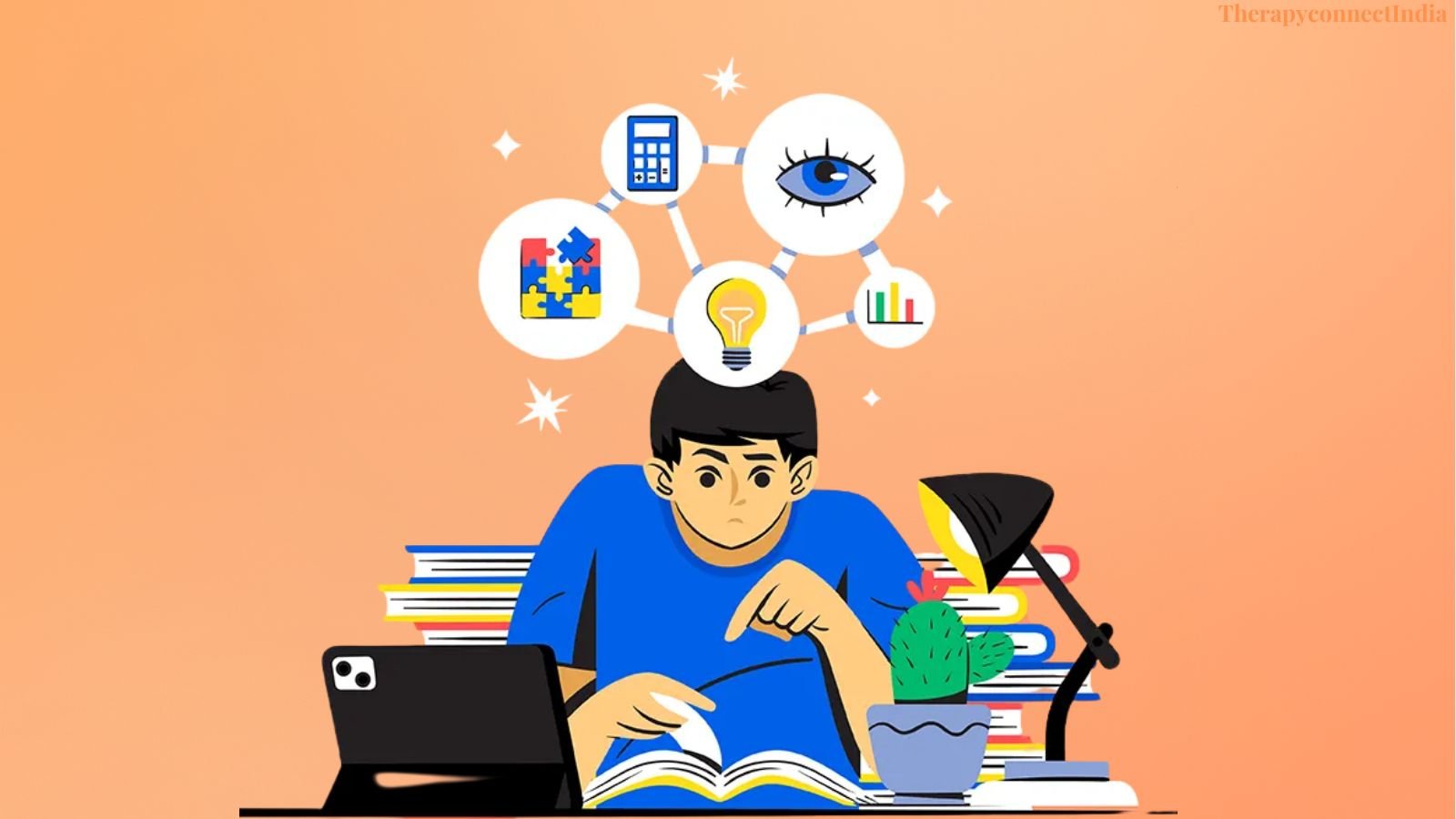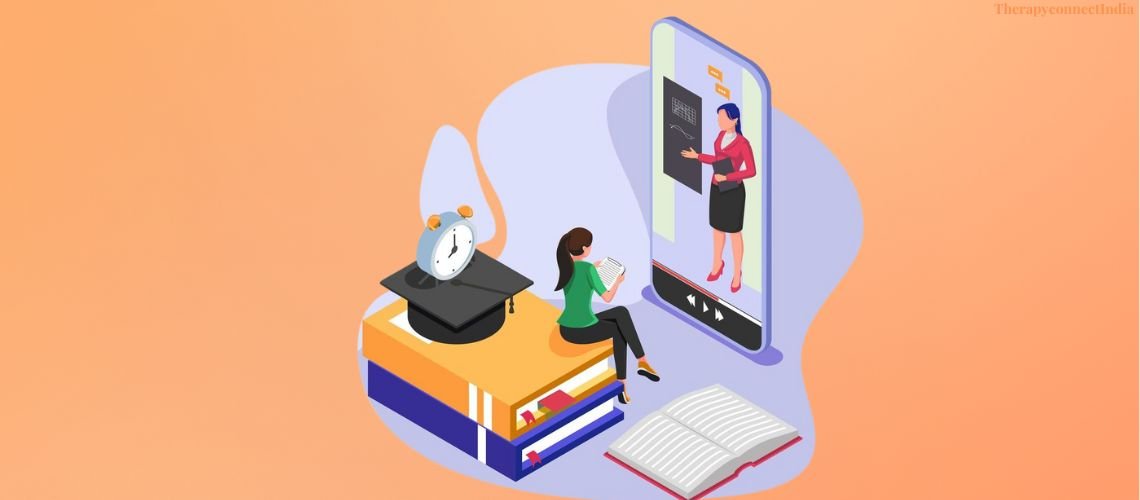Last-Minute Study Hacks: Revising Effectively Before Exams

Exams are stressful, and as the deadline approaches, many students find themselves struggling to revise efficiently. Whether due to procrastination or a busy schedule, last-minute studying is a reality for many. While cramming is not ideal, using smart last-minute exam tips can help retain information and improve performance.
This guide will cover effective study methods and quick revision techniques that help maximize learning in a short period. If you’re feeling overwhelmed, don’t worry—there are still ways to boost your student success even at the last moment.

When time is limited, studying everything in detail is impossible. Instead, prioritize key topics that are most likely to appear in the exam.
Using a structured approach prevents wasting time on less relevant topics. Websites like Khan Academy offer quick topic reviews for various subjects.

Many students make the mistake of reading textbooks repeatedly without testing themselves. This is a passive method that doesn’t help in retaining information. Active recall is a more effective technique.
Active recall strengthens memory retention and helps in better exam performance. Apps like Quizlet allow you to create digital flashcards for quick revision.
Last-minute studying often leads to long, unstructured study sessions, which can cause fatigue and loss of concentration. The Pomodoro technique is a time-management method that keeps you focused.
This method helps prevent burnout and maintains productivity. Use timers like Focus Booster to track study sessions.
Visual learning is an effective way to process large amounts of information quickly. Instead of reading paragraphs of text, try:
Visual aids improve recall and make revision faster. Tools like MindMeister help in creating digital mind maps for studying.

Mnemonics are memory techniques that help in quickly remembering difficult concepts. Some useful strategies include:
Websites like Mnemonic Generator can help create custom mnemonics for study topics.
Practicing past exam papers is one of the most effective quick revision techniques. It helps in:
Try solving at least one past paper under timed conditions. Resources like Exam Papers Plus provide practice tests for various subjects.

If you are tired of reading, switch to listening. Audio-based learning is useful for last-minute revision, especially when commuting or taking a break.
This method is especially helpful for auditory learners who absorb information better through listening.
Many students pull all-nighters before exams, but this often does more harm than good. Sleep is crucial for memory retention and cognitive function.
Skipping sleep can make you feel groggy and reduce concentration. Visit Sleep Foundation for tips on maintaining a healthy sleep schedule during exams.

Last-minute studying can create panic, but staying calm is key to performing well. Some simple strategies to manage stress include:
Guided relaxation apps like Headspace offer meditation techniques specifically for students dealing with exam stress.
What you do on the day of the exam is just as important as your last-minute preparation. Follow these exam-day tips:
For more test-taking strategies, visit Exam Coach.
Even if you are short on time, using the right last-minute exam tips can improve retention and boost confidence. The key is to focus on effective study methods, practice actively, and take care of your well-being.
By using quick revision techniques like active recall, mind maps, and past papers, you can maximize learning without feeling overwhelmed. Also, remember that exams are just one part of student life, and maintaining student success involves balancing academics with self-care.
For more expert study tips and stress management techniques, explore Mind Tools and Student Minds. Good luck!